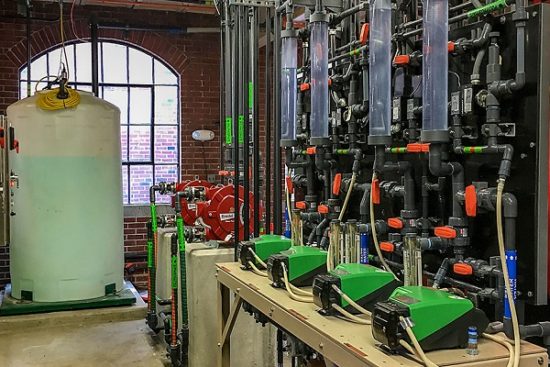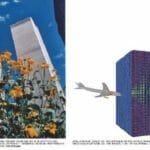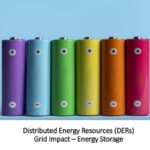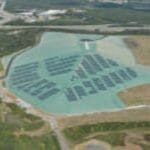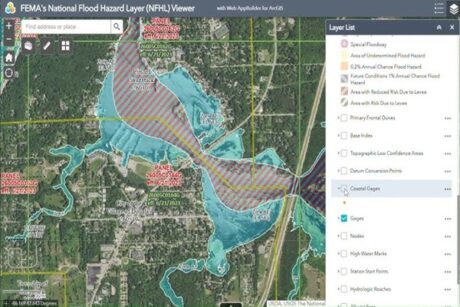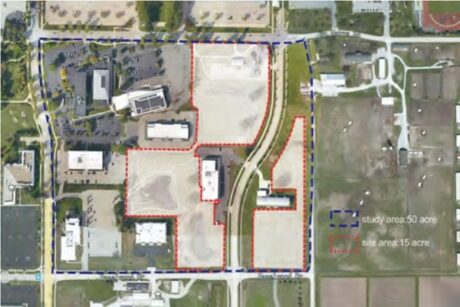- Course No E – 1285
- PDH Units 3.00
No data found for Custom Course Number
No data found for Custom Course Units
- Course No E – 1285
- PDH Units 3.00
Intended Audience: engineers and other design and construction professionals
PDH UNITS: 3
This publication contains criteria on metering, instrumentation, controls, and chemical feeding devices used in wastewater disposal systems. Specific design problems may require departures from these practices; therefore, use these criteria with discretion. For example, use of computers and microprocessors for data logging, indication, and process control is considered an emerging technology. This technology is presently primarily applicable to large wastewater treatment plants with adequately trained staff to maintain the hardware (greater than 10 Mgd size). However, improvements in electronics, hardware, software, and sensing devices (primarily sensing elements) will make this technology more desirable for smaller plants. Detailed information is not included for such emerging technology because of its state of rapid change and because additional development and application experience need to occur before application to the smaller naval facilities is justified. Course Outline 1. INTRODUCTION 2. RELATED CRITERIA 3. USE OF CRITERIA 4. POLICIES 5. INFORMATION REQUIRED 6. WASTEWATER TREATMENT SYSTEMS 7. CHEMICAL HANDLING AND FEEDING This is an introduction to the technology, systems and design practices for chemical treatment of oily and industrial wastewater streams.
Learning Objectives
At the successful conclusion of this course, you’ll be able to identify and discuss:- Learn about primary measuring devices for wastewater treatment systems;
- Learn about discrete and analog control devices and where they are applied;
- Learn about the application and limitations of mechanical, pneumatic and electrical signaling systems;
- Learn about the different chemical treatments for industrial wastewater streams containing cyanide, metals and oil;
- Learn about the different types of chemical feeders and their application and limitations;
- Learn the basics of chemical treatment processes including adsorption, coagulation, oxidization, pH adjustment, precipitation and reduction;
- Learn the basics of metering, instrumentation, and control requirements for industrial wastewater treatment systems;
- Learn about chemical handling and feeding systems and operations; and
- Learn the function of different chemicals for industrial and oily wastewater treatment.
Once completed, your order and certificate of completion will be available in your profile when you’re logged in to the site.


